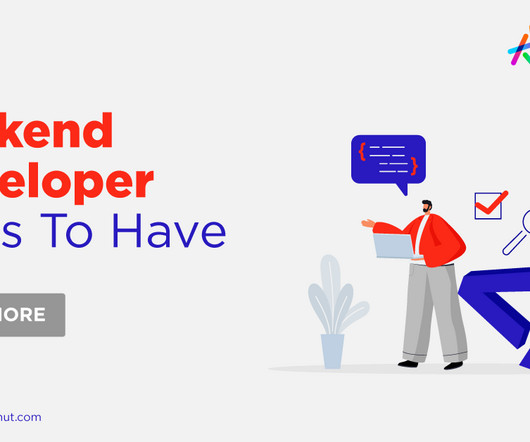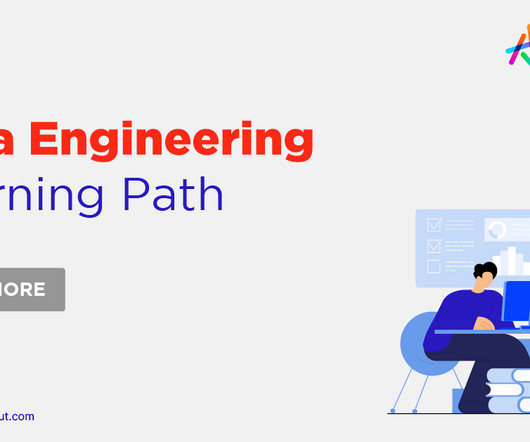Top 12 Backend Developer Skills You Must Know in 2024
Knowledge Hut
APRIL 25, 2024
The applicant will be familiar with Linux, MySQL, and Apache, in addition to Flask and SQLAlchemy. Candidates should be able to construct database schemas that enable and represent business processes and automated unit tests and testing frameworks like JUnit and Jenkins. Therefore, having a solid grasp of the database is essential.












Let's personalize your content